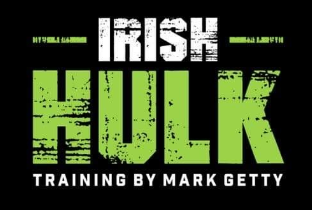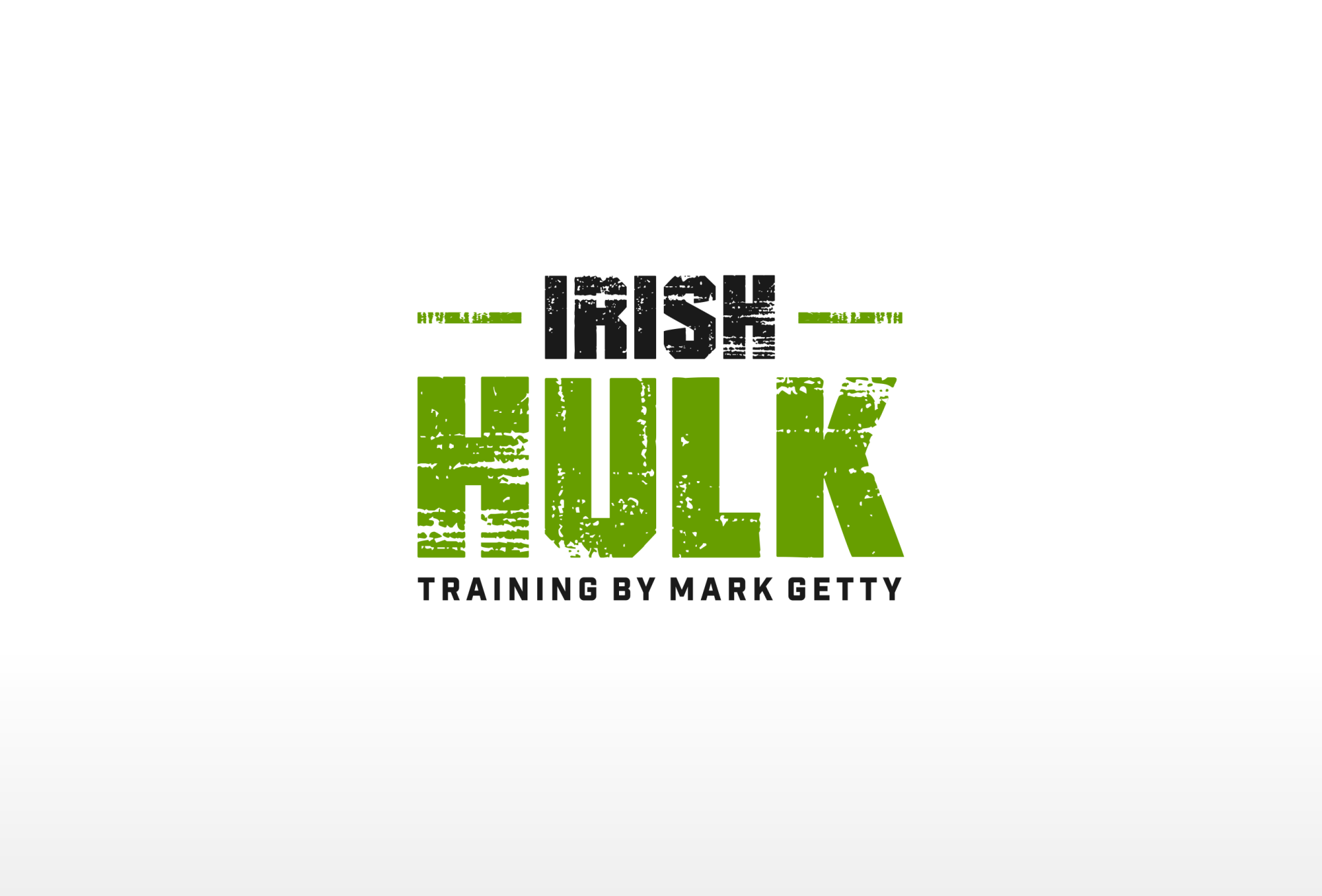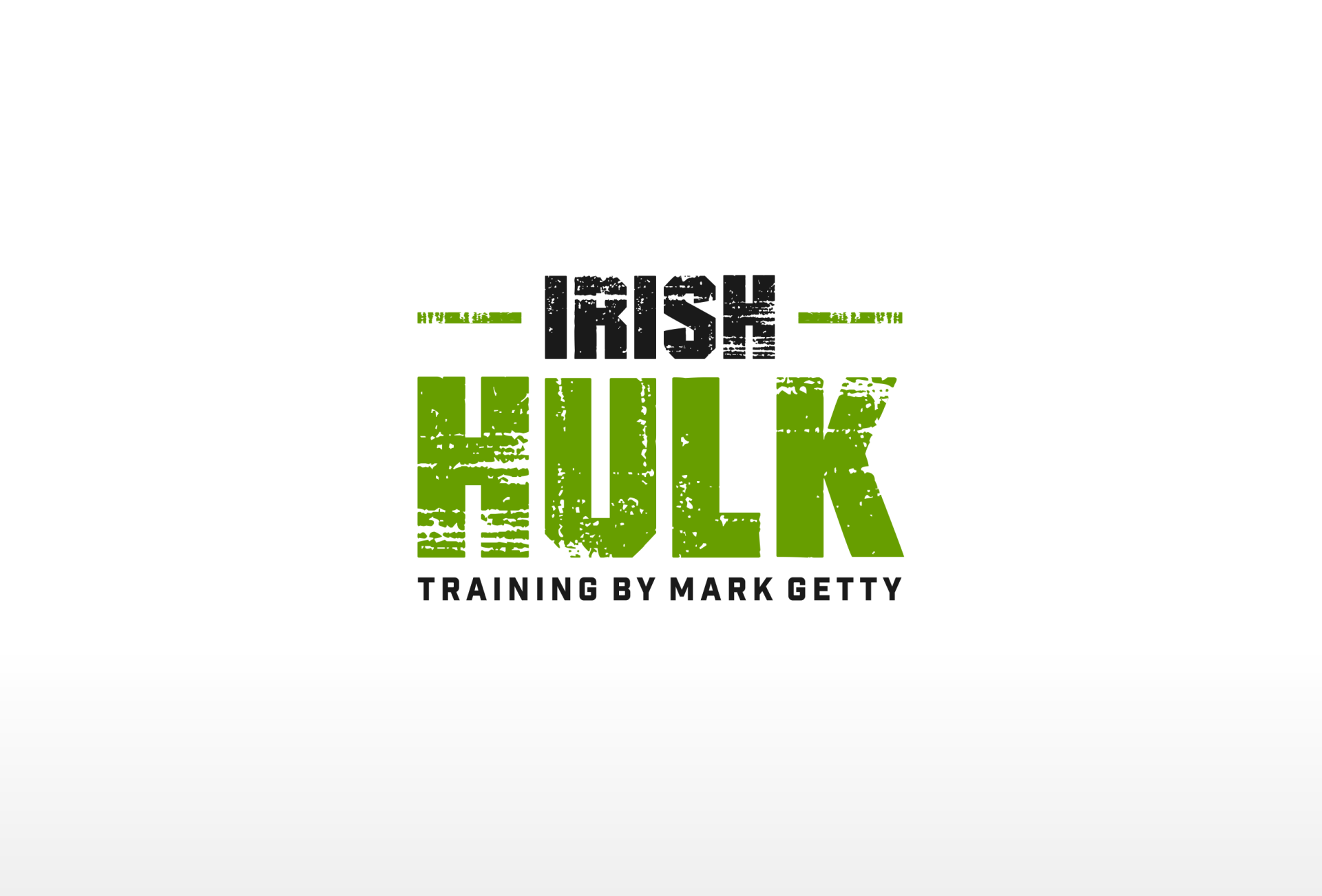TECHNIQUES TO ENHANCE MUSCLE GAIN THROUGH SLEEP
So why is sleep so important?
Most importantly, sleep is directly related to your overall health, it has been reported that failing to meet the minimum sleep requirements has been linked with various chronic conditions such as heart disease, stroke, diabetes and various other major health implications.
A significant piece of recent research into sleep and its effects on performance found significant declines in strength while performing the bench press, deadlift, and leg press. Further findings from the same study found that the participants had increased feelings of difficulty and increased levels of brain fog. Reductions in strength were preserved until the fourth consecutive night of sleep restriction. Still, mood, fatigue, and other subjective sleep deprivation levels increased after just one night of nocturnal sleep restriction.
The Negative affects of sleep deprivation.
Research that focused on cardiovascular, respiratory, and metabolic responses to sleep restriction in endurance-trained athletes found the following:
“After partial sleep deprivation, there were statistically significant increases in heart rate (P less than 0.05) and ventilation (P less than 0.05) at submaximal exercise compared with results obtained after the baseline night. Both variables were also significantly enhanced at maximal exercise, while the peak oxygen consumption (VO2) dropped (P less than 0.05) even though the maximal sustained exercise intensity was not different.”
It has been made clear that sleep restriction reduces alertness, coordination, and other psychomotor characteristics. whereby participants in the sleep-restricted group saw an associative decrease in performance of throwing darts.
Sleep is known to play an important role in cognitive function, and the literature is consistent in finding impeded attentional mechanisms such as reaction time and coordination when sleep is restricted.
Sleep deprivation of varying levels has also been show to slow down the return to baseline athletic performance. Chronic sleep restriction has been shown to have a much greater effect when returning to baseline performance.
Research that was looking at the effects of sleep restriction on sprint performance and muscle glycogen content discovered the following:
“Sleep loss and associated reductions in muscle glycogen and perceptual stress reduced sprint performance and slowed pacing strategies during intermittent-sprint exercise for male team-sport athletes.”
It is not hard to find research that will show that decreased sleep will have the effect of reduced muscular performance.
It is worth noting that individuals will respond different to sleep, with some able to function on less sleep than others, however it should not be advised for a long period of sleep deprivation regardless.
BODY COMPOSITION AND PERFORMANCE
Body composition, although not as obvious should also be taken into performance considerations alongside sleep deprivation.
Body composition will most definitely be more important when it comes to sports performance. In particular sports which require making weight or a certain power - to - weight ratio is in play.
Lack of sleep has been shown to have significant detrimental effects when it comes to improving body composition, this study found the following:
“Sleep curtailment decreased the proportion of weight lost as fat by 55% (1.4 vs. 0.6 kg with 8.5 vs. 5.5 hours of sleep opportunity, respectively; P = 0.043) and increased the loss of fat-free body mass by 60% (1.5 vs. 2.4 kg; P = 0.002). This was accompanied by markers of enhanced neuroendocrine adaptation to caloric restriction, increased hunger, and a shift in relative substrate utilization toward oxidation of less fat.”
SLEEP EXTENSION EFFECTS ON PERFORMANCE
After discussing the potential consequences of sleep restriction, I want to change things up and discuss the antithesis.
A recent piece of research aimed to investigate the effects of sleep extension on various metrics of athletic performance and other cognitive measurements. The literature found the following:
“Total objective nightly sleep time increased during sleep extension compared to baseline by 110.9 ± 79.7 min (P < 0.001). Subjects demonstrated a faster timed sprint following sleep extension (16.2 ± 0.61 sec at baseline vs. 15.5 ± 0.54 sec at end of sleep extension, P < 0.001). Shooting accuracy improved, with free throw percentage increasing by 9% and 3-point field goal percentage increasing by 9.2% (P < 0.001). Mean PVT reaction time and Epworth Sleepiness Scale scores decreased following sleep extension (P < 0.01). POMS scores improved with increased vigor and decreased fatigue subscales (P < 0.001). Subjects also reported improved overall ratings of physical and mental well-being during practices and games.”
It can be easily seen by reading this, how important sleep extension was for athletic performance and cognitive function.
The participants in the study were initially sleeping between 6-9 hours per night, but during the research were instructed to record a minimum of 10 hours in bed each night.
What is important to note here, is that 10 hours in bed however does not equate to 10 hours sleep. Due to these obvious limitations, the study's objective was to measure time in bed, a decent guideline for total sleep. However, it may not always be practical to adopt a10 hr sleeping schedule.
Taking regular naps has also been shown to have a significant positive effect on performance and cognitive functions.
Since total cumulative sleep throughout the day is a reasonable metric for recovery and athletic performance, utilizing naps can be an effective strategy to bolster total sleep, enhance recovery and athletic performance if extending nocturnal sleep is not a practical option.
Research has shown that naps that last as little as 10 minutes can have positive effects, however naps that lasted longer that 30 mins had significantly greater benefits on performance.
However, longer naps may lead to a phenomenon called sleep inertia. Essentially this is a period of cognitive impairment following arising from a longer duration nap usually longer than 30 minutes.
Sleep inertia does not persist throughout the day, but it may be beneficial to structure longer naps away from cognitively demanding tasks like work or training.
The national institute of health outlines an additional resource to enhance the quality of your sleep.
1. Set a schedule: go to bed and wake up at the same time each day.
2. Exercise 20 to 30 minutes a day but no later than a few hours before going to bed.
3. Avoid caffeine and nicotine late in the day and alcoholic drinks before bed.
4. Relax before bed: try a warm bath, reading, or another relaxing routine.
5. Create a room for sleep: avoid bright lights and loud sounds, keep the room at a comfortable temperature, and don’t watch TV or have a computer in your bedroom.
6. Don’t lie in bed awake. If you can’t get to sleep, do something else, like reading or listening to music, until you feel tired.
7. See a doctor if you have a problem sleeping or if you feel exhausted during the day.
To conclude, It would appear that sleep extension leading to overall sleep lasting longer than 9 hours per night has significant positive impact on training and cognitive performance, However, the benefit it confers may vary since recovery requirements are individual in nature.





